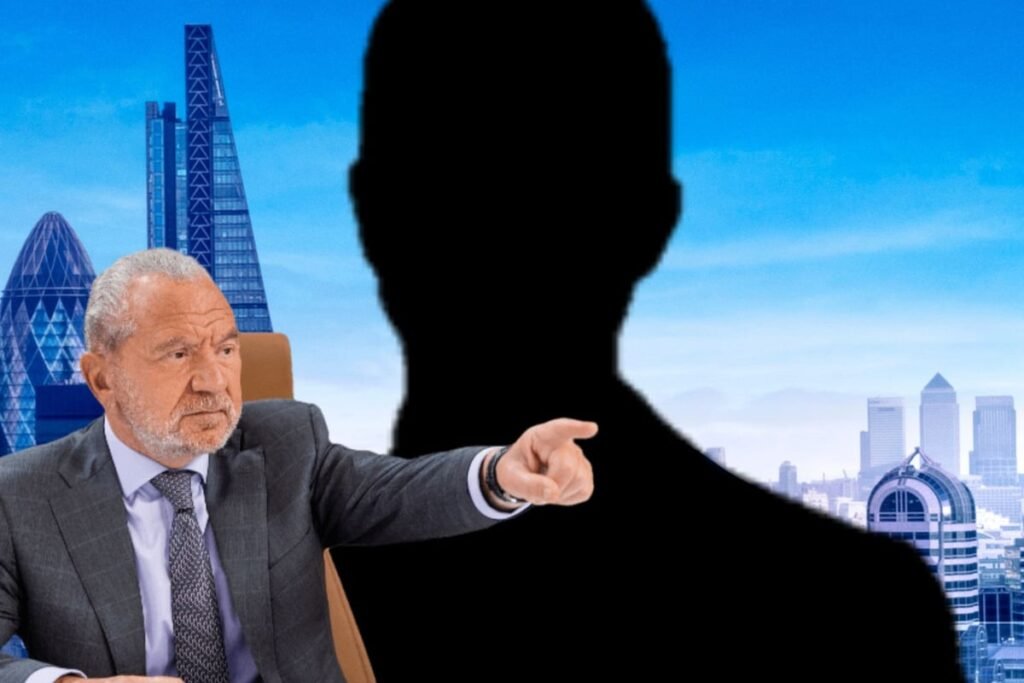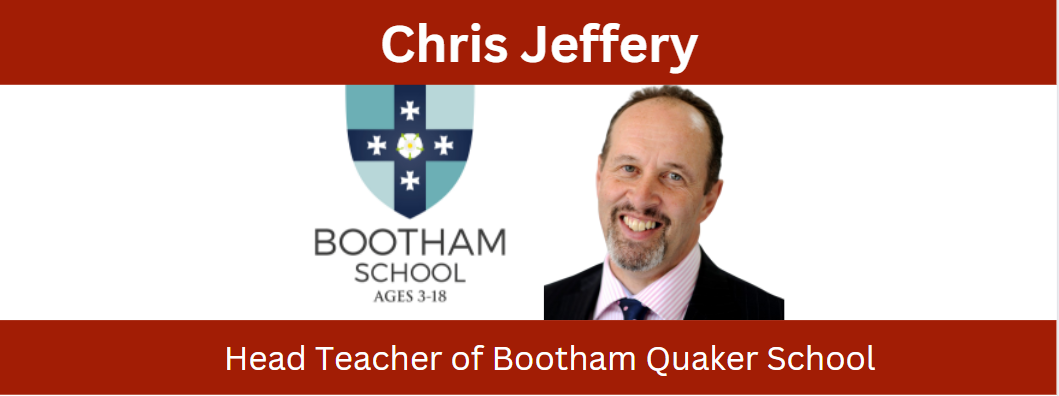by Chris Jeffery Head Teacher, Bootham School, York on how his work taught him to admit mistakes.

I have come to hate The Apprentice.
I cannot bring myself to watch it any more, not least because it seems to perpetuate and often reward a model of leadership in which admitting error or owning misjudgement can be viewed as weakness. Such a confession is often fatal to a candidate’s chances of securing the dubious privilege of being mentored by Lord Sugar. It’s also an approach that so many of our politicians all too often model as well, even when it looks like they are apologising. There have been plenty of fine examples of the genre in recent months.
Although what follows runs the real risk of becoming something of a ‘humblebrag’ (what a great new word!), I offer it simply to illustrate the importance of school leaders trying to model behaviour that helps a community to grow.
A couple of weeks back I gave a talk in our Morning Meeting which caused deep upset to a small number of colleagues. I really, really should have realised in advance that part of what I wanted to say -and much more especially the way I chose to illustrate it- might step on some very tender ground, and thus run the genuine risk of causing distress. But it wasn’t until a colleague came to see me later in the morning and ever so kindly but very clearly pointed out the effect of what I had presented upon a friend of hers, that it even occurred to me that I might have done anything careless at all.
Her challenge hit me forcibly. Not only did I feel angry at myself from having missed something that I would have hoped -indeed expected- I might have identified in advance, but I also felt truly terrible that what I was intending to be an uplifting message had been so hurtful to colleagues who I hold in high esteem.
I immediately wrote what I hope was accepted as a sincere and unreserved apology to all my colleagues, which has promoted some important conversations with a couple of those affected and even some very kind personal support.
In my experience, we haven’t always been especially good as a profession at admitting when we’ve got things wrong. In the private sector at least, fear of litigious parents can definitely play into that, but more widely it can be an issue too.
As a school leader, certainly in my earlier days, I really struggled with colleagues whose mantra was ‘you can bollock me in private but it’s your job to support me in public’. It was uncomfortable to realise that when that colleague had objectively (and sometimes admittedly) acted unprofessionally, I was expected to back them up where it really mattered: in front of the person whose child had been affected by it. That struggle with parent- or student-facing accountability can still be a tough one.
Relatedly, my experience is that school leaders as a rule have been slow to wake up to the fact that there is power in apology, or in the admission of mistakes and errors of judgement. I recall my amazement at an old-school Head to came to talk to a group I was part of -in the last five years, indeed- and share with us what he took to be the great revelation that, in his final years of tenure, he had come to realise that to admit infallibility and the possibility that very occasionally he didn’t always get things right, was actually OK.
One of the many helpful phrases that guide our life as a Quaker community at Bootham -although taken a little out of context as many of them are- is ‘think is possible that you may be mistaken’. I believe that the mindset and approach that this exhortation engenders helps ours to be a more honest community, more open to admitting error more readily, than any I have been part of.
And it’s part of my role as leader to set the tone.

Chris Jeffery, Head of Bootham Quaker School is a speaker at our forthcoming Annual Conference: Future of Workplaces: 11 – 12 November, Online.
This article is reproduced with permission from the author’s blog Stuff I think I Have Learned
